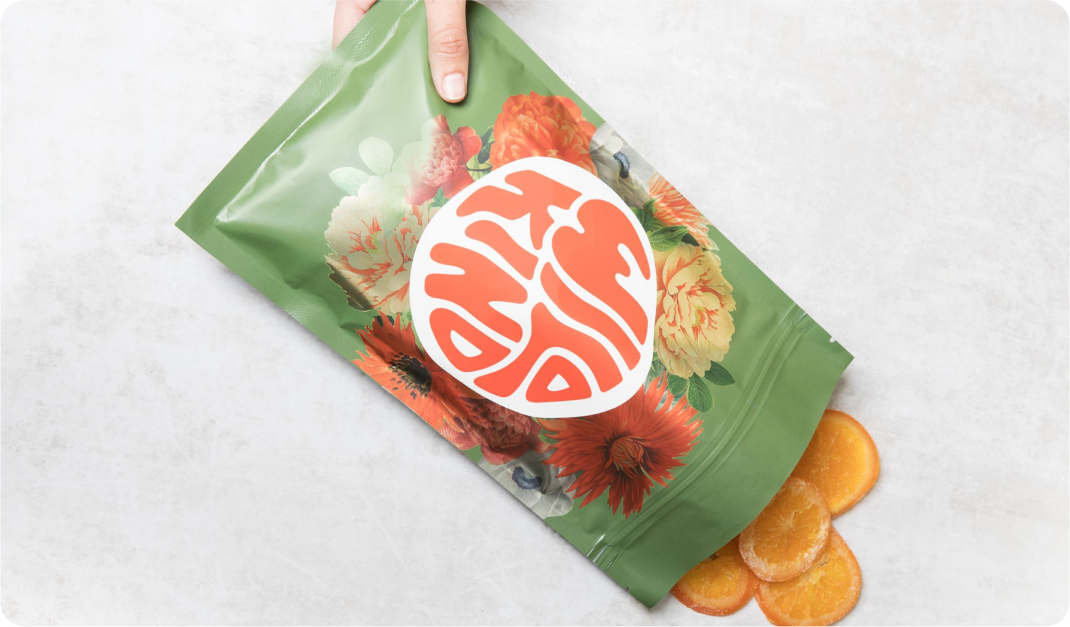Table of Contents
I. Introduction
A. Explanation of what sustainability is
B. The three pillars of sustainability (economic, social, and environmental)
C. Explanation of the importance of sustainability for a new CPG business
II. The Importance of Packaging
A. Explanation of the problem of plastic waste
B. The role of packaging in plastic waste
C. Eco-friendly packaging options (biodegradable, compostable materials)
III. Ingredient Sourcing
A. The importance of sustainable ingredient sourcing
B. Examples of sustainable ingredient sourcing (organic ingredients, fair trade practices, sustainable farming methods)
A. Explanation of the importance of fair labor practices
B. Ensuring that workers are treated fairly and paid a living wage
V. Conclusion
A. Recap of the importance of sustainability for a new CPG business
B. The benefits of sustainable practices for a new CPG business (attracting environmentally conscious consumers, building a strong reputation)
C. Final thoughts on sustainability as an essential business practice.
I. Introduction
Sustainability is a buzzword that's been thrown around a lot in recent years, but what does it really mean for a new CPG business? Simply put, it's the ability to meet the needs of the present without compromising the ability of future generations to meet their own needs.
But let's break it down a bit further. Sustainability is often thought of in three main pillars: economic, social, and environmental. Economic sustainability focuses on creating and maintaining long-term economic growth and stability, while social sustainability is about creating and maintaining healthy and inclusive communities. Environmental sustainability, on the other hand, is about preserving natural resources and ecosystems, and reducing the negative impact of human activities on the environment.
For a new CPG business, sustainability can mean a lot of things. It can mean using eco-friendly packaging, sourcing ingredients from sustainable suppliers, or implementing fair labor practices. But it doesn't have to be all or nothing.
Every little bit helps, and there are plenty of small changes a new business can make that will make a big impact in the long run.
II. The Importance of Packaging & Refill Programs
One of the most important things for a new CPG business to consider is packaging. According to a report by the Ellen MacArthur Foundation and OurWorldInData.org, packaging accounts for a significant portion of plastic waste (more than 30%), and it's a problem that's only going to get worse as the global population continues to grow. By switching to eco-friendly packaging options, such as biodegradable or compostable materials, a new CPG business can do its part to reduce plastic waste and help preserve the environment.
The most eco-friendly type of packaging is reusable or biodegradable packaging made from natural materials such as glass, metal, paper, and plant-based plastics. These materials can be easily recycled or composted, reducing the amount of waste sent to landfills. Additionally, packaging made from recycled materials also have a lower environmental impact than packaging made from virgin materials.


CPG (consumer packaged goods) companies can use refill programs as a way to promote sustainability by reducing the amount of packaging waste generated by their products. These programs typically involve customers purchasing a durable, reusable container and then refilling it with the product rather than purchasing a new, disposable container each time.
There are many different ways CPG companies can implement refill programs, depending on their product, target market, and logistics. Some examples include:
In-store refill stations: Customers can bring their reusable containers to a store and fill them up with product from a bulk dispenser. This approach is common for items such as laundry detergent, shampoo, and cleaning products.
Online ordering and home delivery: Customers can order refills online and have them delivered to their home. This approach is common for items such as coffee beans and other food products. Our WildKind pouches are 100% biodegradable and are a great option to implement a refill program.
Reverse logistics: Some companies are using reverse logistics, where they take back empty containers and refill them at the warehouse or factory. This is less common but efficient approach to reduce packaging waste.
Overall, refill programs can reduce the amount of packaging waste generated by a product and also increase customer loyalty by providing a convenient and eco-friendly option.
III. Ingredient Sourcing
Another important aspect of sustainability for a new CPG business is ingredient sourcing. By sourcing ingredients from sustainable suppliers, a business can ensure that the materials it uses are grown and produced in a way that is not harmful to the environment. This can include sourcing organic ingredients, using fair trade practices, or working with suppliers who use sustainable farming methods. If all of these factors are equal between your choices of where to source from - choose the source that is closest to your distribution hub. This will reduce the carbon emitted by lengthy logistics pathways.
IV. Fair Labor Practices
Finally, it's important for a new CPG business to consider fair labor practices. This means ensuring that the workers who produce and package the business's products are treated fairly and paid a living wage. By implementing fair labor practices, a new CPG business can help ensure that the people who make its products are able to meet their own basic needs and have a decent standard of living.
V. Conclusion
Sustainability is not just a buzz word, it's an essential business practice. Not only is it important to protect our planet, but it's also good for businesses and the planet. Consumers are becoming increasingly conscious of the environmental and social impact of the products they buy, and they're willing to pay a premium for products that are sustainably produced. By implementing sustainable practices, a new CPG business can stand out in a crowded market, attract a growing base of environmentally conscious consumers and build a strong reputation that will help it grow in the long run. In fact, according to a recent study by NielsenIQ & McKinsey, products with sustainability claims that they can back up have experienced 170 bpa p.a. (8.1% cumulative) more growth in the past five years compared to products without them.
In short, sustainability is a holistic concept that encompasses economic, social, and environmental well-being, it's a complex and ongoing process that requires the participation of individuals, organizations, and governments at all levels.

Login and Registration Form